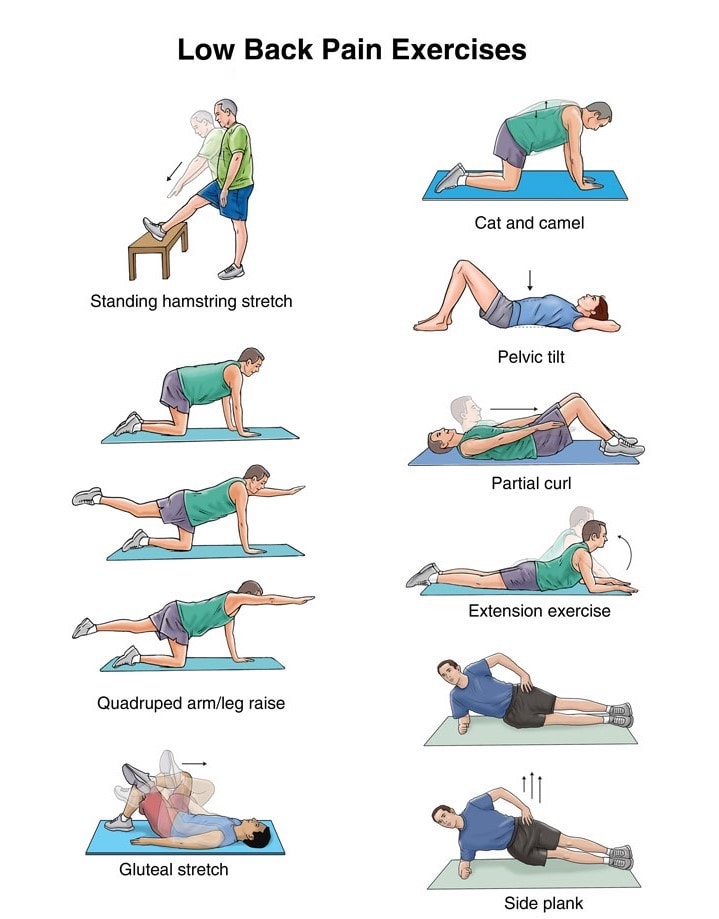Digital Health Records Management Tools: Streamlining Healthcare Efficiency
In today’s fast-paced healthcare environment, efficient management of patient records is essential for providing quality care. Digital health records management tools have revolutionized the way healthcare providers store, access, and update patient information. These tools allow for seamless record-keeping, improve data accessibility, enhance communication, and ultimately lead to better patient outcomes. With the increasing need for accurate and secure data handling, digital health records management tools are now more crucial than ever. This article explores the importance of these tools, how they are transforming the healthcare industry, and the top solutions that organizations should consider to optimize their operations.
What Are Digital Health Records Management Tools?
Digital health records management tools are software systems designed to store, manage, and track patient health data electronically. These systems, often referred to as Electronic Health Records (EHR) or Electronic Medical Records (EMR), allow healthcare providers to document and access patient histories, treatment plans, lab results, and medication information in real time. Unlike traditional paper-based systems, these digital tools reduce errors, streamline workflows, and improve the overall quality of care. Digital health records management tools are typically integrated with other healthcare technologies, such as telemedicine platforms and appointment scheduling systems, to provide a comprehensive solution for managing patient health data.
Key Benefits of Using Digital Health Records Management Tools
The adoption of digital health records management tools offers numerous benefits for healthcare organizations. One of the primary advantages is improved efficiency. Providers can quickly access and update patient information, eliminating the time spent searching for paper records. This leads to faster decision-making, which is critical in emergency situations. Additionally, digital records help reduce the likelihood of errors caused by illegible handwriting or misplaced documents. These tools also make it easier to share patient data between different healthcare providers, ensuring coordinated care. Another major benefit is enhanced data security. Digital systems are equipped with encryption and backup protocols to protect sensitive patient data from unauthorized access or loss.
Ensuring Compliance and Data Security with Digital Tools
Healthcare organizations are subject to strict regulations regarding the management and protection of patient data. Digital health records management tools are designed to help ensure compliance with these regulations, including the Health Insurance Portability and Accountability Act (HIPAA) in the U.S. These tools provide features such as access control, audit trails, and encryption to safeguard sensitive patient information. With cyber threats becoming more prevalent, the ability to maintain secure, compliant digital records is a significant advantage for healthcare providers. Ensuring data security and compliance not only protects patient privacy but also prevents costly penalties for non-compliance.
Improving Patient Care with Real-Time Data Access
Real-time access to patient data is one of the most transformative features of digital health records management tools. Doctors, nurses, and other healthcare providers can instantly retrieve up-to-date information on patient conditions, medications, and treatment plans, which improves the accuracy and timeliness of diagnoses and decisions. In addition, these systems often incorporate clinical decision support tools that help healthcare professionals make evidence-based decisions, reducing the risk of medical errors. When patient data is easily accessible, it enables better communication and collaboration among care teams, leading to more personalized and efficient care.
Choosing the Right Digital Health Records Management Tool
Selecting the right digital health records management tool is essential for maximizing the benefits of digital health data. Healthcare organizations should consider factors such as the size and scope of the practice, integration with other existing systems, user-friendliness, and customer support when evaluating options. Popular tools like Epic, Cerner, and Allscripts offer robust solutions with comprehensive features, while other platforms may be more suitable for smaller practices or specialized fields. Additionally, healthcare providers should look for a system that offers scalability, as their needs may evolve over time. A well-chosen system will streamline operations, enhance patient care, and improve the overall healthcare experience.
FAQs
Q1: How do digital health records improve patient care?
Digital health records improve patient care by providing real-time access to accurate, comprehensive patient data, which supports better decision-making, reduces errors, and facilitates coordination among care providers.
Q2: Are digital health records secure?
Yes, digital health records are secured with encryption, access control, and backup protocols to protect sensitive patient information. They comply with regulations like HIPAA to ensure data security and privacy.
Q3: What are the differences between EHR and EMR?
EHR (Electronic Health Record) refers to a digital version of a patient’s medical history that can be shared across multiple healthcare providers, while EMR (Electronic Medical Record) is typically used within one healthcare practice or organization.
Q4: How long does it take to implement a digital health records management system?
The implementation of a digital health records management system can vary depending on the size of the healthcare organization and the complexity of the system. It typically takes several months to fully integrate and train staff on the new system.
Q5: Can digital health records be accessed remotely?
Yes, many digital health records management systems allow healthcare providers to access patient data remotely through secure web-based platforms or mobile applications, which is especially helpful for telemedicine and remote care.


